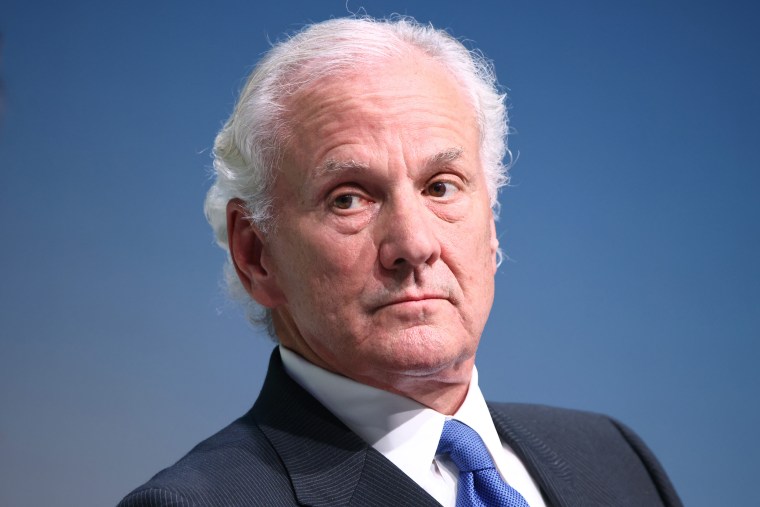A brand new authorized problem from Deliberate Parenthood seeks to protect Medicaid funds for its well being facilities in South Carolina after a Supreme Court docket resolution put the federal funding in jeopardy.
On Thursday, Deliberate Parenthood South Atlantic filed an amended criticism in federal court docket difficult the constitutionality of govt orders from Republican Gov. Henry McMaster that block Medicaid reimbursements for organizations offering abortions, though the funds are used to supply different medical care. The South Carolina clinics present companies similar to contraception, most cancers screenings, annual exams and testing for sexually transmitted ailments.
“This case is about Deliberate Parenthood’s provision of important well being care companies, apart from abortion, to its sufferers in South Carolina,” the criticism states, noting that terminating the supplier from Medicaid “can have a devastating influence on its skill to supply a variety of non-abortion well being care.”
The state’s motion is particularly dangerous as a result of many counties lack OB-GYN suppliers, the criticism states, and a few suppliers are reluctant to just accept Medicaid as a result of its low reimbursement charges.
“Our authorities ought to be increasing Medicaid suppliers, recruiting Medicaid suppliers as an alternative of kicking them out,” mentioned Vicki Ringer, a spokesperson for Deliberate Parenthood South Atlantic, which serves South Carolina, North Carolina, Virginia and West Virginia.
A Medicaid affected person in South Carolina sued within the wake of McMaster’s 2018 govt order in a case that reached the Supreme Court docket. In June, justices dominated that Medicaid recipients couldn’t sue to make sure a selected supplier, supporting the state’s push to dam Deliberate Parenthood from receiving Medicaid funding.
This new battle comes because the nationwide group can also be attempting to fend off a part of a brand new federal legislation that will ban Deliberate Parenthood clinics from billing Medicaid for affected person care. A federal decide has quickly blocked that provision from going into impact.
However that order didn’t apply to state-level actions similar to these in South Carolina. Three different states — Missouri, Texas and Arkansas — have already succeeded in barring Medicaid funding from the group, in keeping with Deliberate Parenthood.
Deliberate Parenthood South Atlantic filed the criticism towards Eunice Medina, director of the South Carolina Division of Well being and Human Companies, which administers the state’s Medicaid program.
The supplier is asking the court docket to seek out McMaster’s govt orders unconstitutional together with state appropriation payments that single out the group. Attorneys are additionally asking the court docket to permit Deliberate Parenthood to maintain receiving Medicaid funds because the case proceeds.
Neither Medina nor McMaster might instantly be reached for remark.
McMaster beforehand praised the Supreme Court docket’s ruling, saying his administration “took a stand to guard the sanctity of life and defend South Carolina’s authority and values.”

Deliberate Parenthood has two clinics within the state, in Charleston and Columbia. Though they supply abortions in South Carolina, with uncommon exception Medicaid funds can’t legally be used for the process, which is simply authorized within the state within the first six weeks of being pregnant, in sure medical emergencies and in circumstances of rape and incest.
Final yr, the group mentioned its South Carolina clinics noticed nearly 400 Medicaid sufferers, offering a variety of well being care companies. The criticism warns that Medicaid sufferers might forgo care if Deliberate Parenthood is pressured to show away sufferers in a state that already struggles with dismal well being outcomes, together with a excessive maternal mortality charge.
“For ladies in South Carolina, public well being care is a matter of life or loss of life,” the submitting states.
Aside from the hurt to sufferers, advocates argue, permitting funds to be restricted for suppliers primarily based on their assist for abortion rights opens the door for politicians to chop off funding primarily based on different companies a supplier would possibly supply, similar to gender-affirming care.
“All of us deserve the dignity of with the ability to decide our physician,” Ringer mentioned, “and never be denied the selection of a physician for a political agenda.”

